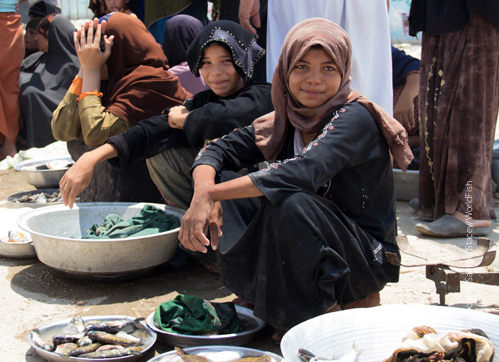Due to the challenges experienced by youth, they are frequently concentrated in informal and unregulated small-scale fisheries and aquaculture value chain segments.

Source: CGIAR
Youth involvement in the small-scale fisheries and aquaculture sector presents numerous challenges. Social roles are often distinctly gender-based, with young males primarily engaged in fish production, where they may wield some authority but also face substantial health or financial risks. On the other hand, young women typically find employment in fish processing and trading, where, despite their significant involvement, they frequently have limited power and are susceptible to various forms of exploitation.
Furthermore, youth encounter barriers to accessing essential resources, such as financial services and technical advice. Critical production assets, including fishing boats, nets, and aquaculture land, are not commonly owned by youth but are instead passed down through generations. In instances where youth do have rights to these resources, they often must navigate power structures to gain access. In communities where more experienced individuals control decision-making, youth’s hindered participation and leadership can be particularly challenging.
Empowered and creative youth play a critical role in shaping the future of small-scale fisheries and aquaculture. Consequently, understanding how youth can actively engage with the industry is essential to ensure their access to decent and meaningful livelihood opportunities.
References:
Consultative Group on International Agricultural Research. (2021). Youth in small-scale fisheries and aquaculture. Retrieved August 29, 2023 from https://digitalarchive.worldfishcenter.org/bitstream/handle/20.500.12348/4752/fdbc39aff2861f705629b88b27dc40a7.pdf?sequence=2&isAllowed=y


